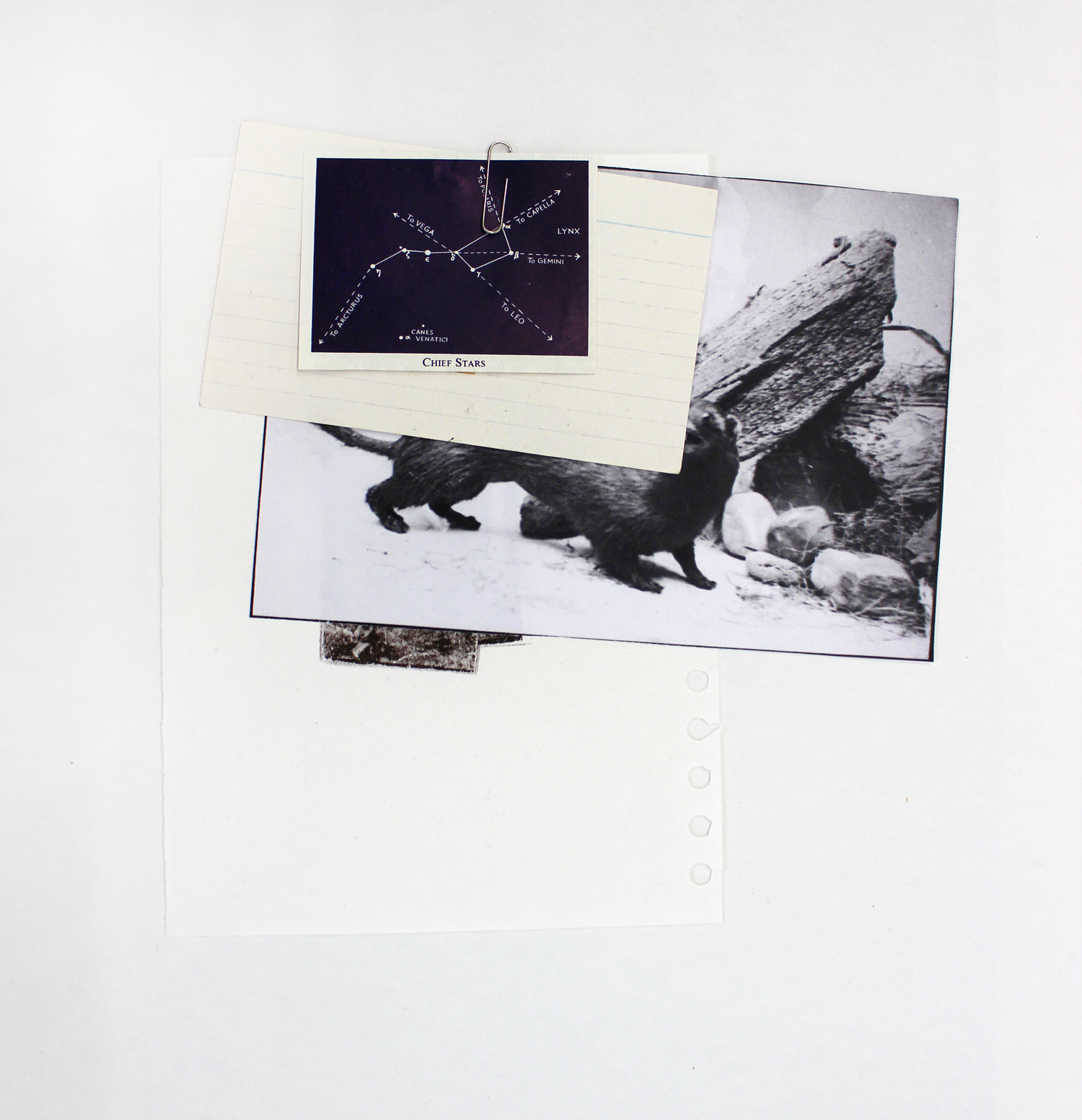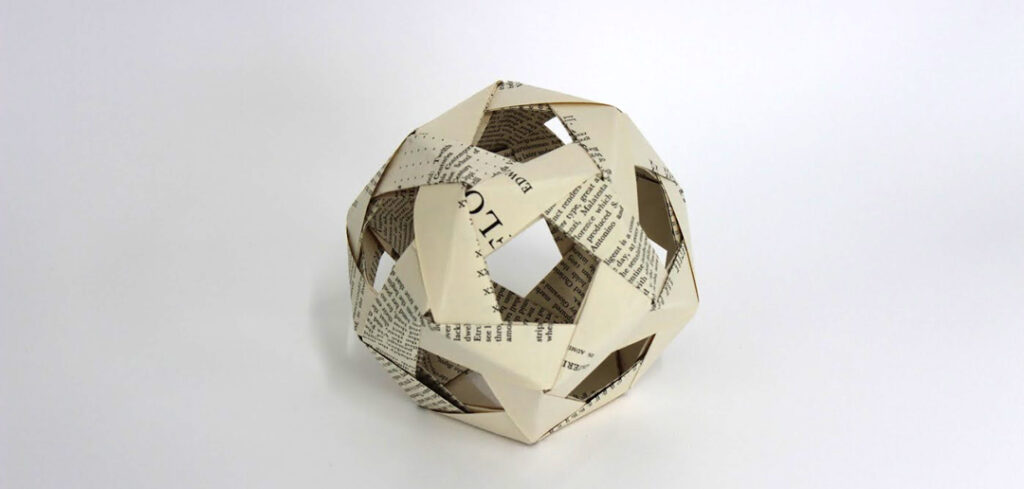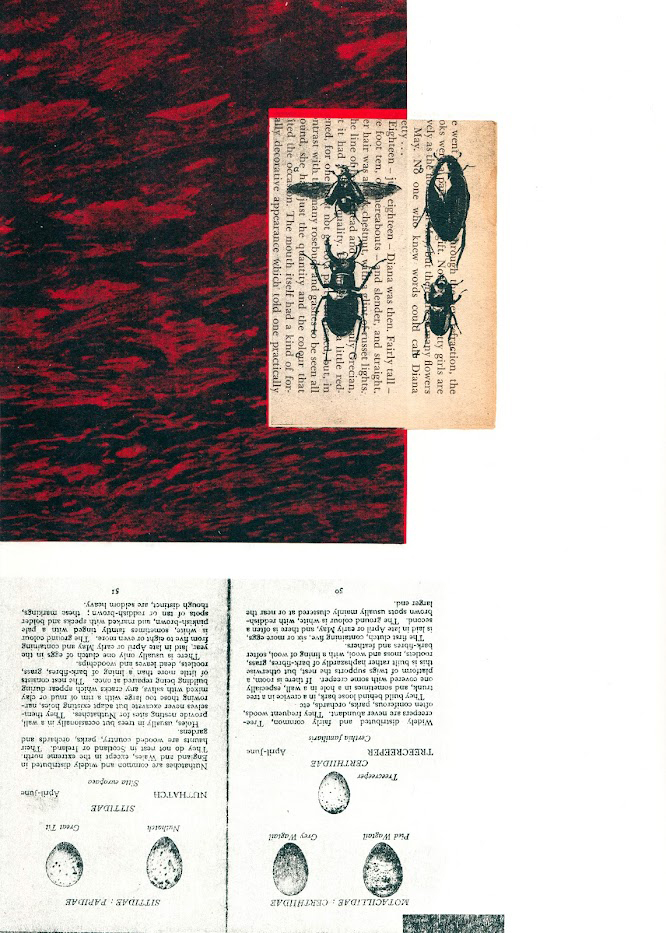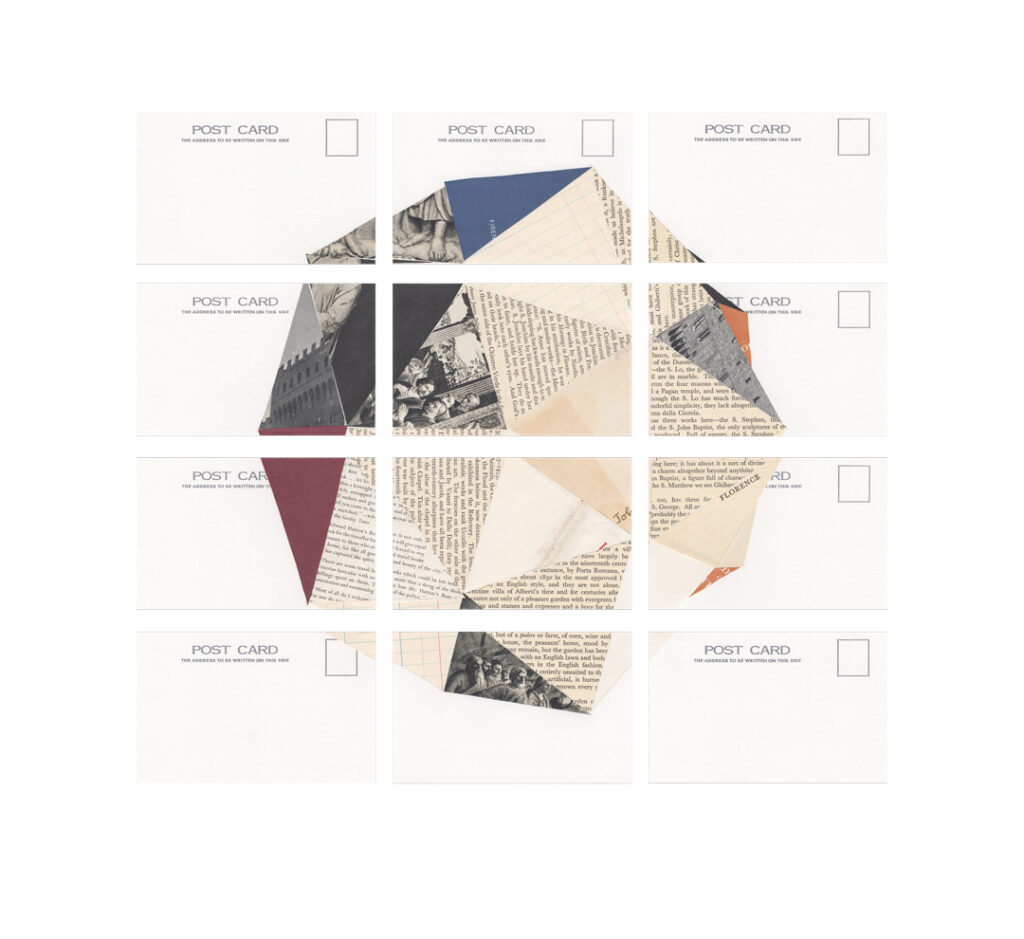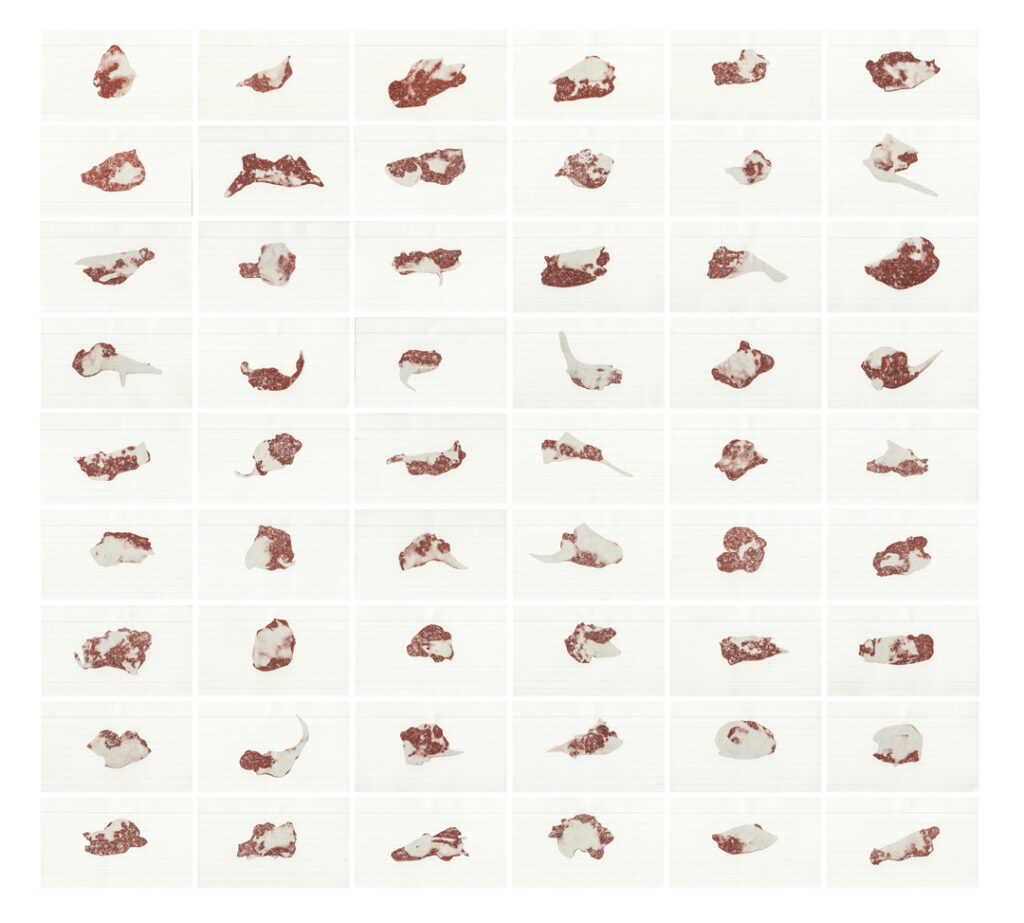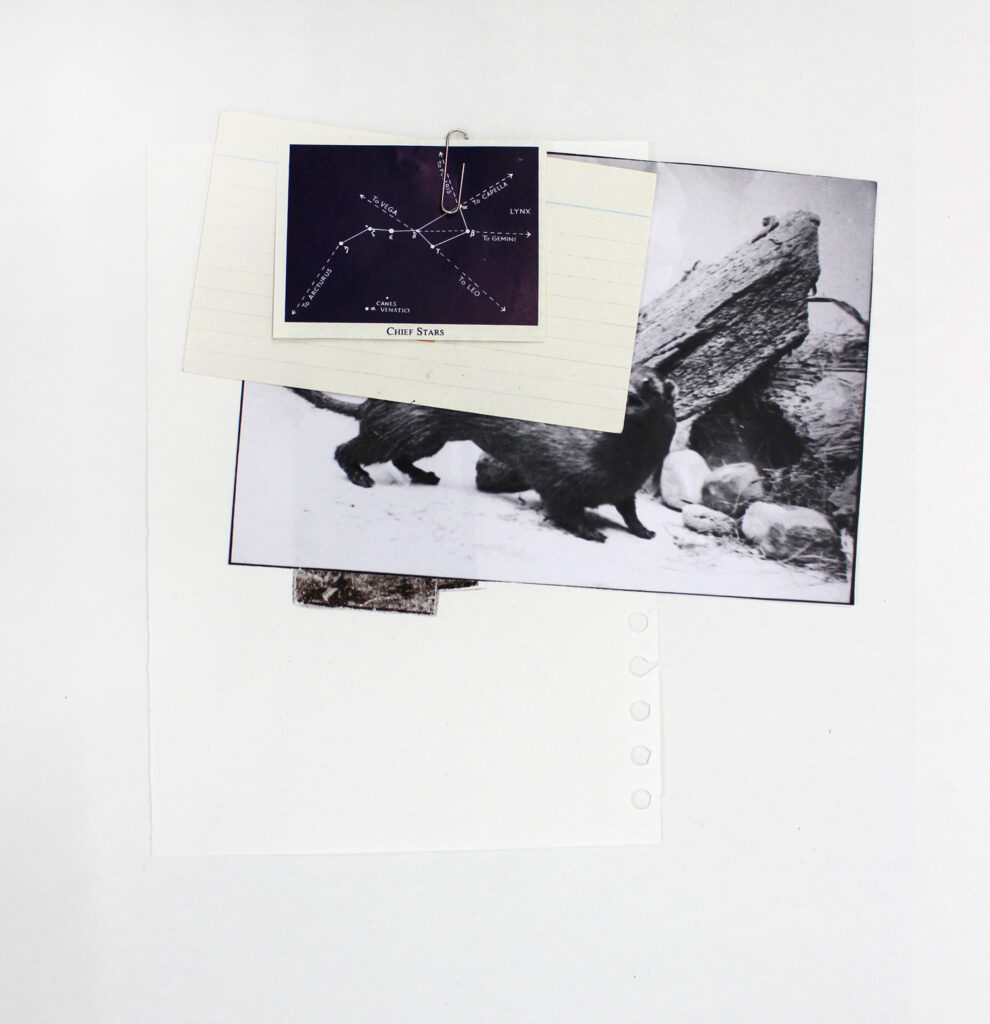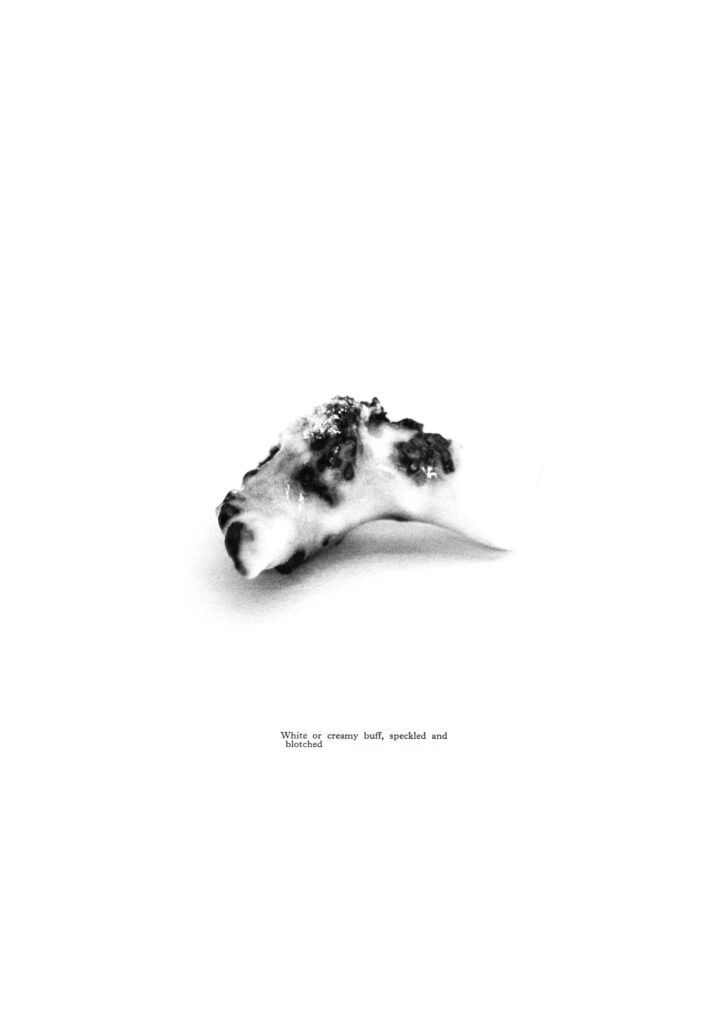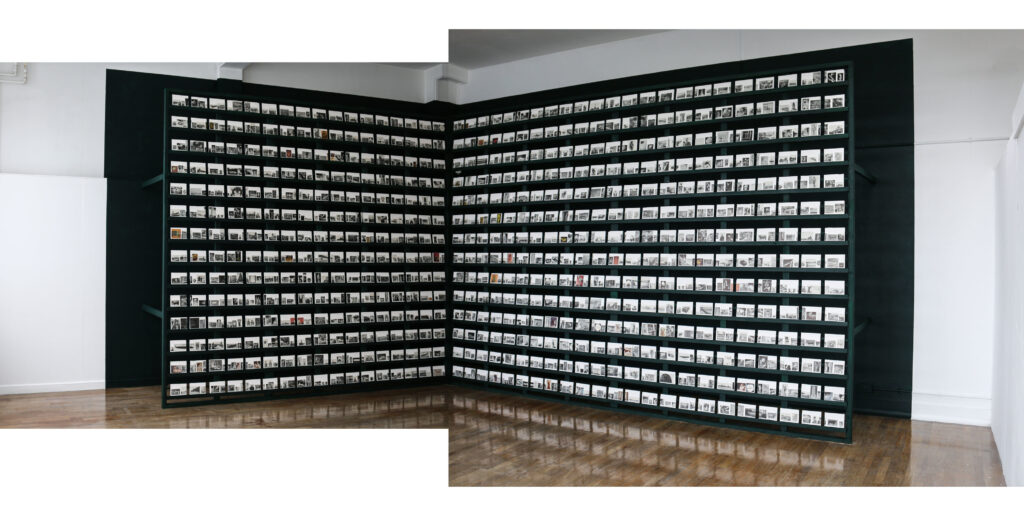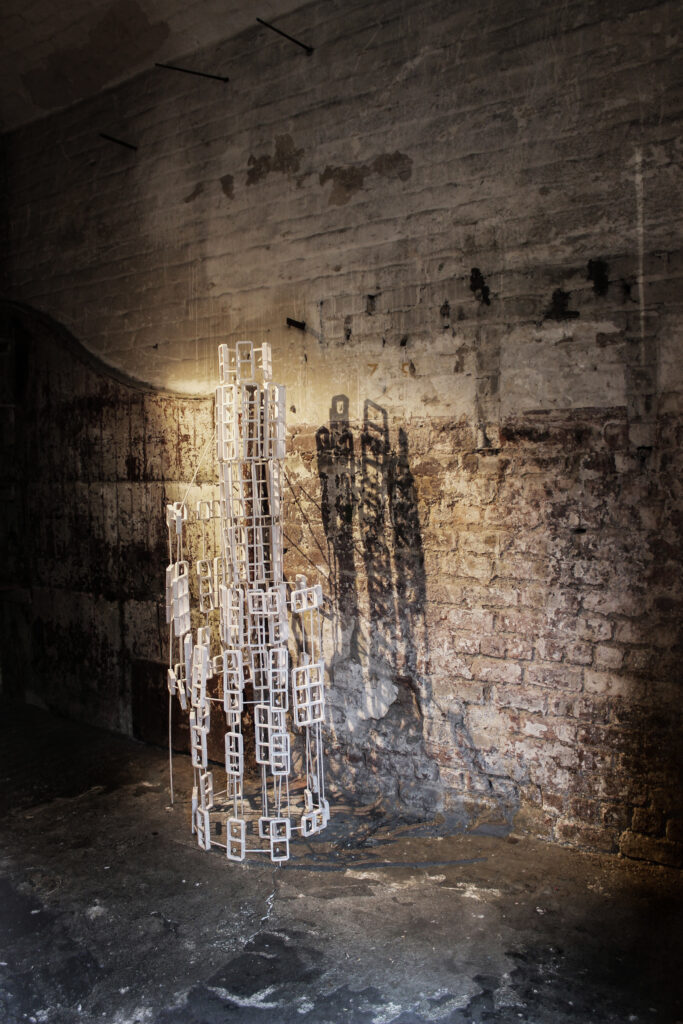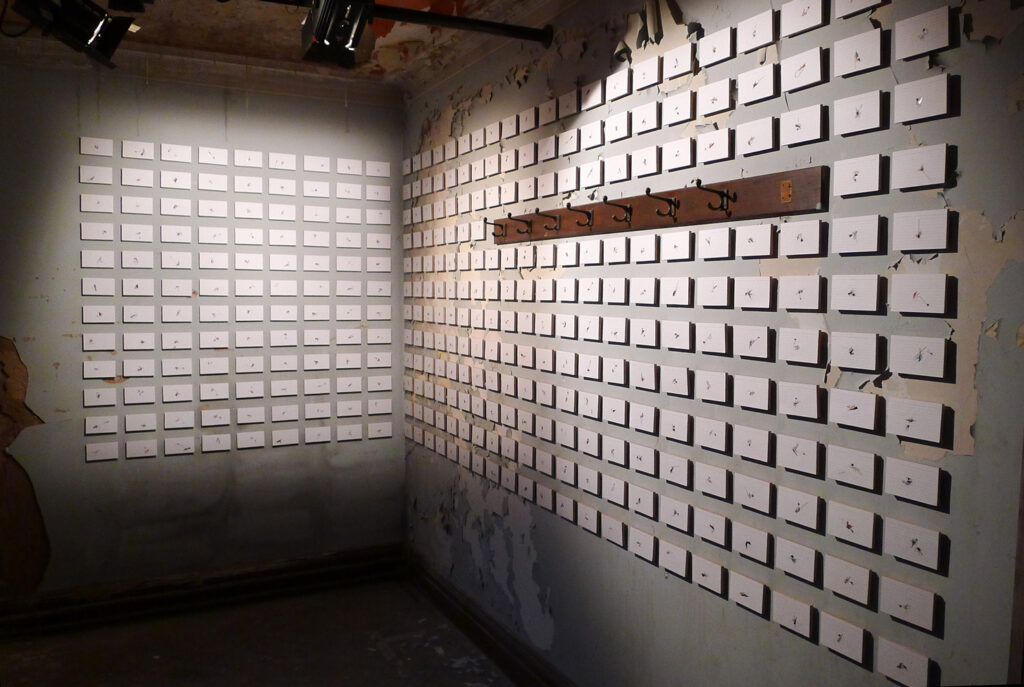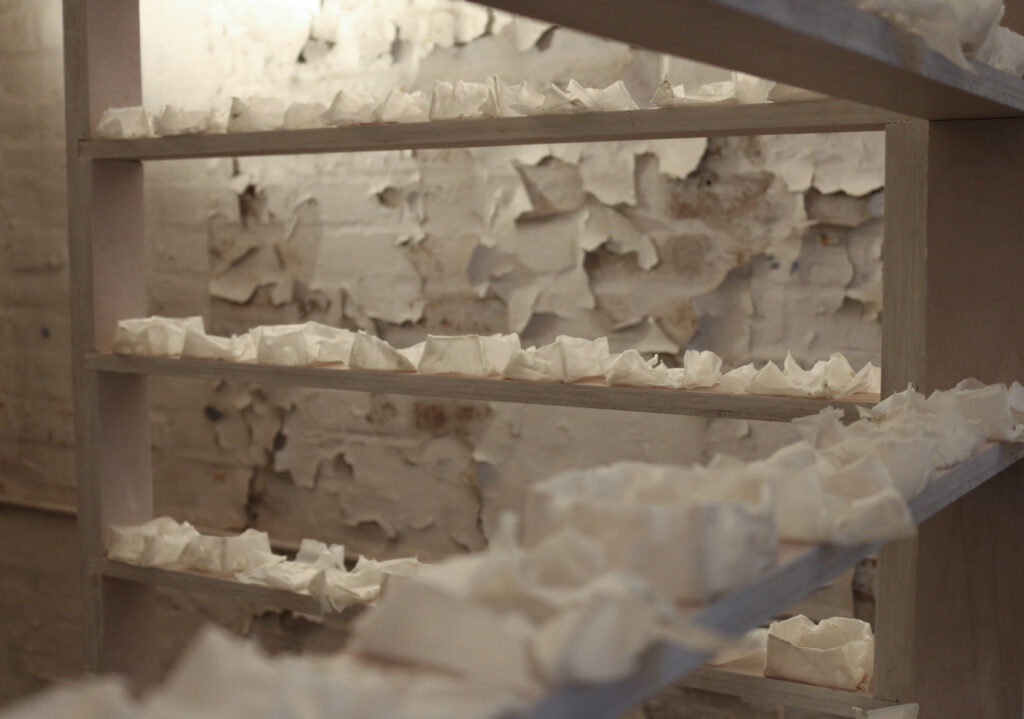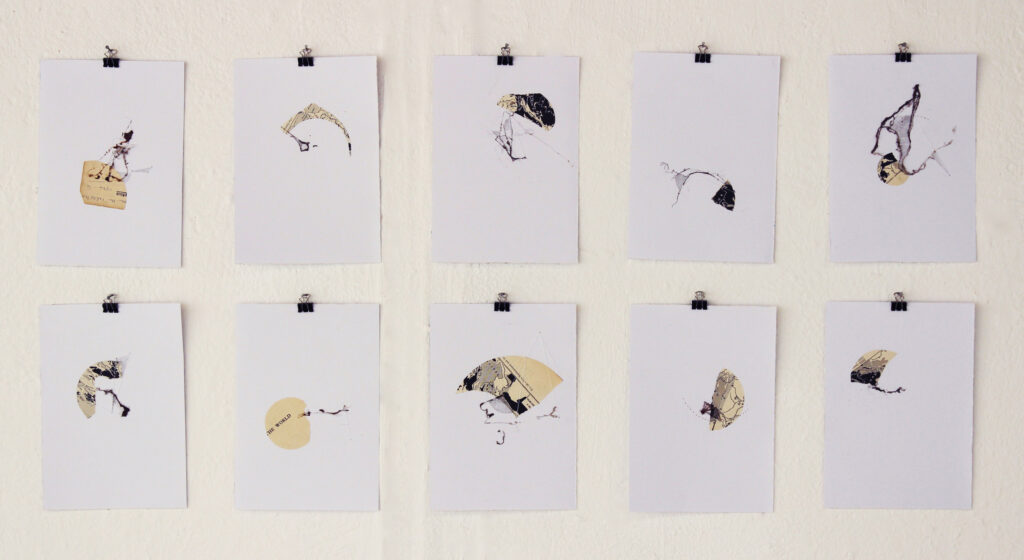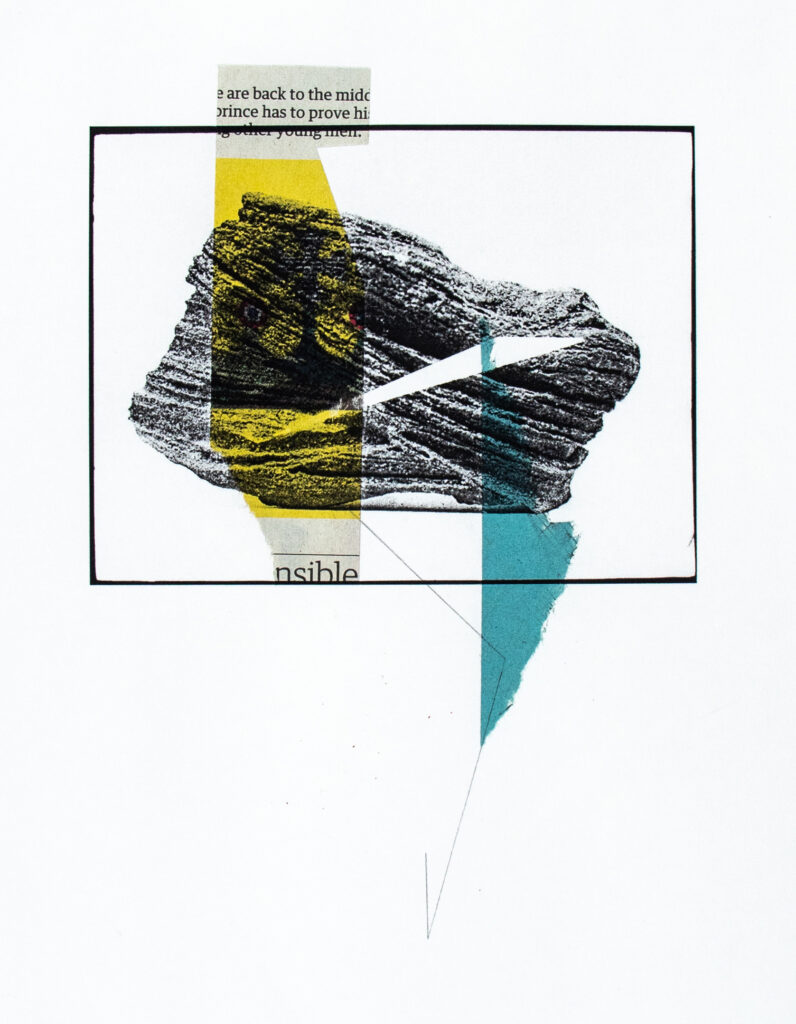I have always been curious about attempts to classify and the implications of organising knowledge into a single framework. I struggle with classificatory systems. I find it hard to ever say with certainty this is what this is, and yet I have an enduring fascination with arrangement and systems, of endless configurations, of drawing things together, laying in series, coupling and labelling. I have always felt disconcerted by the certainty that others have in their declarations, and my own interest lies far more in possibility than authority.
Things are not as you expected them to be.
My motivation lies in my interest in undermining hierarchies, born through my irregular upbringing in a South London housing co-op, hyper-aware of inequality and rigid class systems as determinants for perceived value and possibility.
My work investigates the systems by which our knowing is determined, how it is decided that this is important and that is not, and what the wider implications are for this. As an artist-curator, it feels appropriate to explore these ideas through objects, with a practice including processes of collection, archiving and arrangement, often using scraps of paper, dead insects and other discarded or unvalued scraps.
–
Museums are an important site of research for my practice. I work in a museum, surrounded by fascinating collections but participating in processes that cause me to become increasingly uncomfortable. As such, my practice over the past few years has been driven primarily through a desire to understand my own role in the mechanics of this space.
The practices of the museum and my own practice as an artist have become intertwined.
Museums should be seen not as a sedentary collection of objects, but as a system of processes, with objects that are resistant and changing, and a site live with activities of transport, cleaning, and environmental control. Much of this activity is not immediately apparent, designed to mask or counter the effects of time, and bound by the restrictions of inherited systems and the requirement of legacy. They are sites of power, designed to present the past and curate the present.
